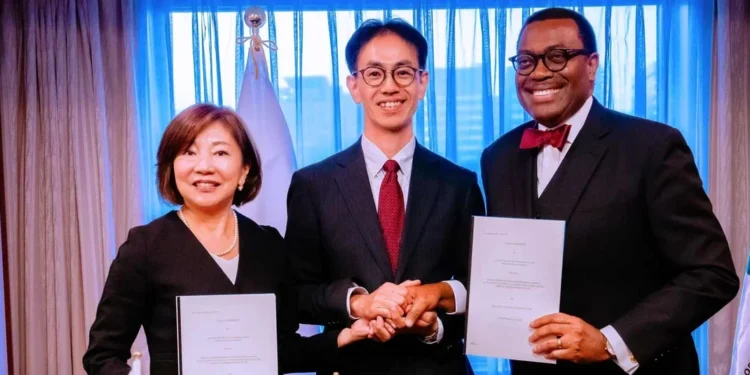Several African countries are leading the implementation of sustainable development policies, driven by the new agreement between the African Development Bank Group (AfDB) and the Japan International Cooperation Agency (JICA). The concessional loan of 51.670 billion Japanese yen (US$421 million), part of the African Development Fund (ADF), is aimed at strengthening initiatives in low-income African nations, helping them tackle critical challenges such as climate change and infrastructure improvement.
In countries like Uganda, Ethiopia, and Niger, this financing is supporting electrification projects. According to Akinwumi Adesina, president of the AfDB, “more than 500,000 people have been connected to the electrical grid in 2024, improving their living conditions”. In addition, in nations like Mali and Chad, investments in water infrastructure have provided access to clean water for more than one million people”. Access to clean water is transforming the health and well-being of entire communities”, Adesina added.
The African Development Fund has been crucial in promoting regional integration in Africa. Countries like Senegal and Tanzania are modernizing their transport infrastructure, facilitating interregional trade. “Improving transport is opening up new opportunities for inclusive growth in our countries”, said Adesina, highlighting the importance of these investments. In Rwanda, the funds are also fostering private sector development, promoting a dynamic business environment and strengthening local innovation.
Katsura Miyazaki, Senior Executive Vice President of JICA, emphasized the importance of the Fund in addressing the challenges Africa faces today: “Rising energy and food prices, along with debt sustainability challenges, are issues that the African Development Fund is helping to mitigate”.









